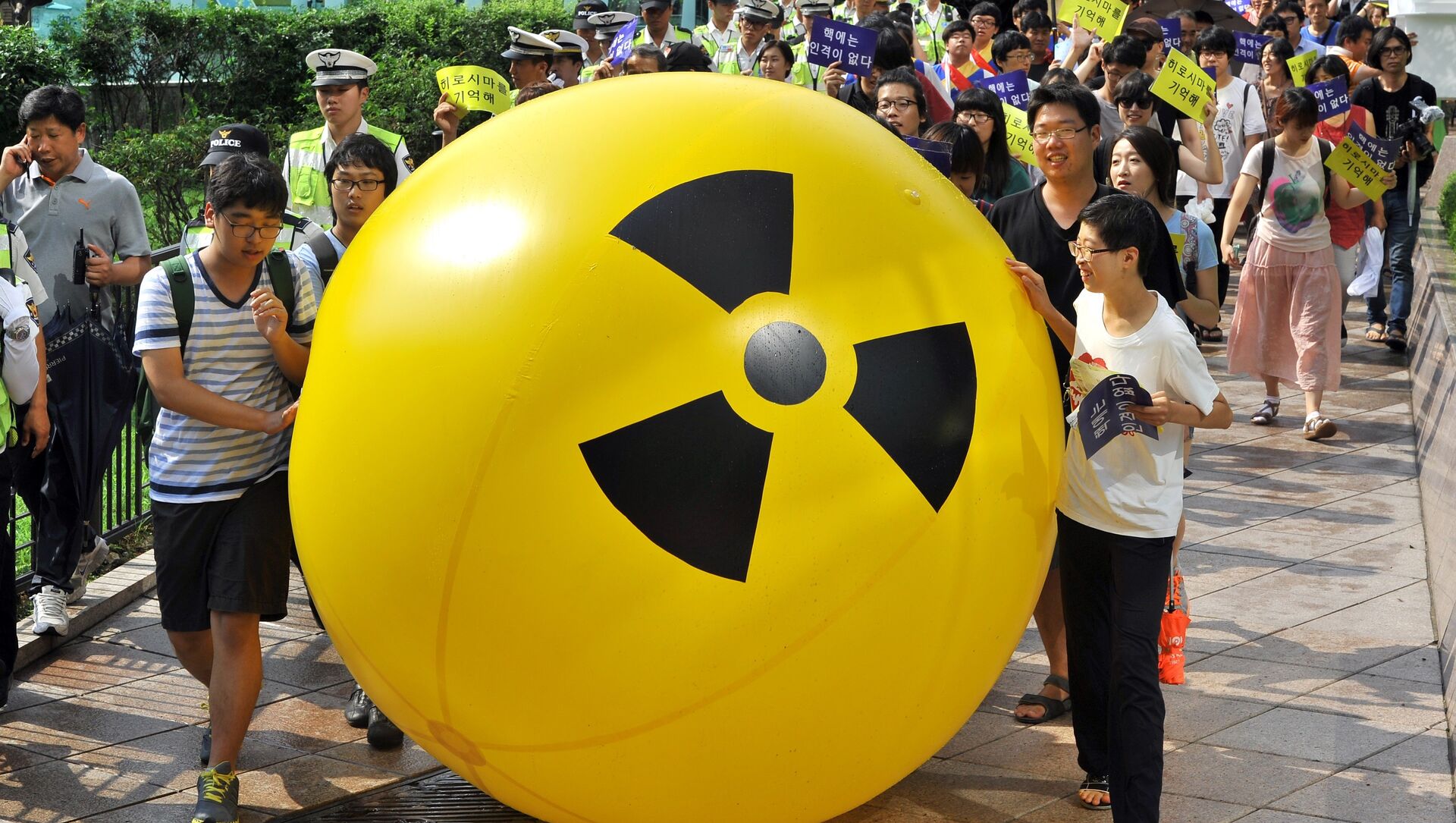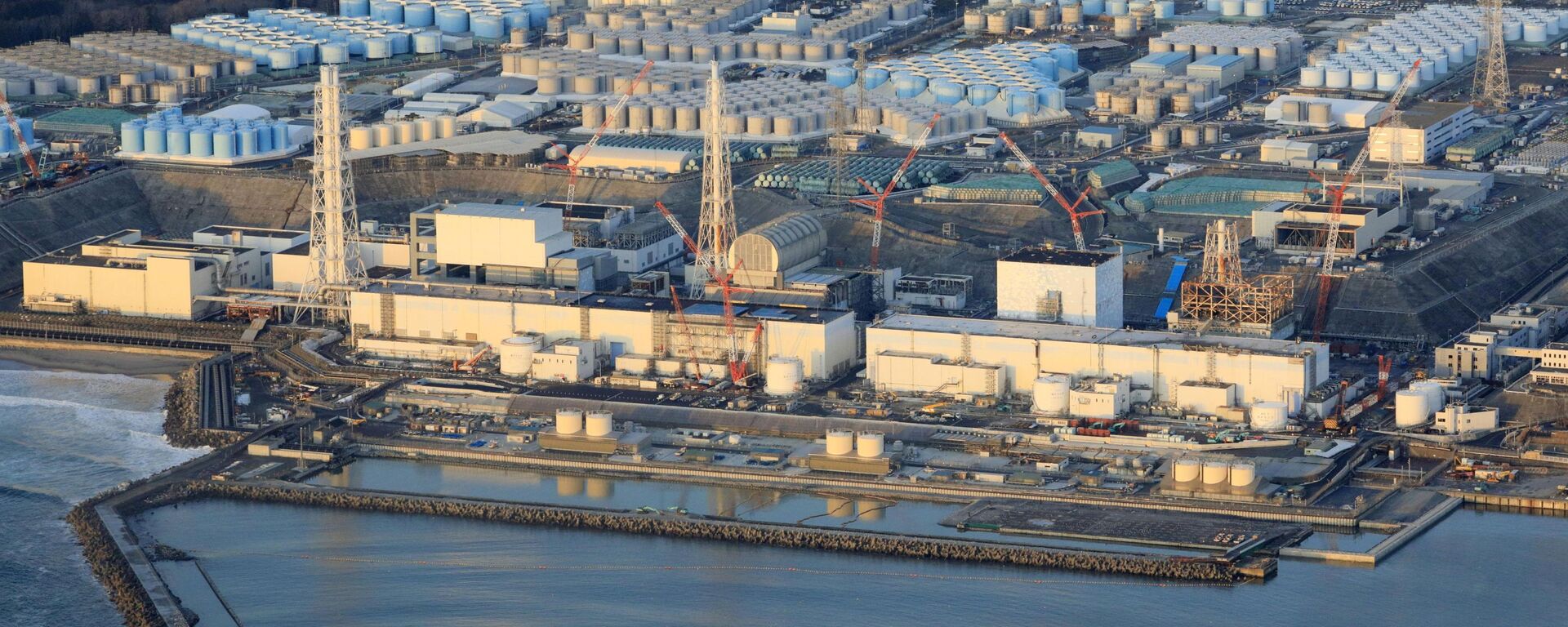About 30 students gathered near the Japanese embassy in Seoul and shaved their head to protest against Japan’s decision to release nuclear wastewater into the sea.
Although gatherings of more than 10 people are forbidden in the country because of COVID restrictions, authorities did not ban the event. Police reportedly dispersed parts of the crowd, but let the event continue.
Philstar.com (@PhilstarNews) April 20, 2021
South Korean activists are no strangers to shaving their head: in 2016, hundreds of South Koreans shaved their head to protest against the government’s decision to deploy the US THAAD missile system in the country. Two years later, women shaved their head during a mass demonstration of about 40,000 protesting against sexism and hidden cameras in toilets and changing rooms to film women secretly.





